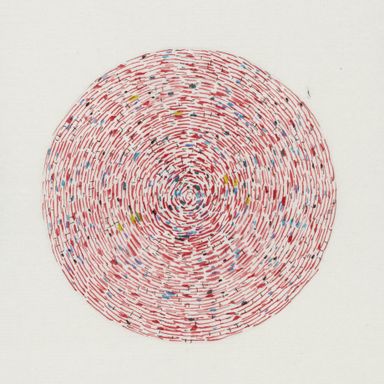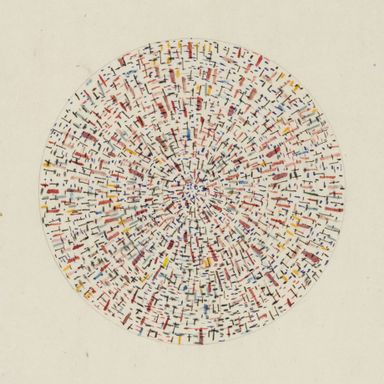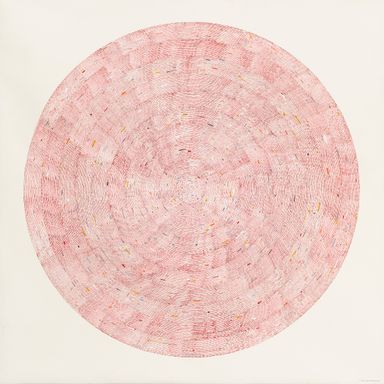
Evolving Plan of Action
Initial Experience
Coherent Research
Our plan of action is built upon a neuroscience research experience that began in 2019 through a collaboration. We established a vision science research lab at Tilganga Institute of Ophthalmology in Nepal. Our initial focus was on vision rehabilitation caused by pediatric stroke, an overlooked clinical condition in marginalized communities. This research topic was motivated by the experience of Nepali ophthalmologists receiving numerous case referrals for blindness caused by neonatal brain damage. Moreover, since the proposed research was conducted by a Nepali research trainee at a Nepali institute mentored by a Nepali-Canadian scientist, there was a shared understanding of the social reality of Nepal. Mentorship and research thus carried out enriched the consultation on scientific, administrative and pedagogical matters.
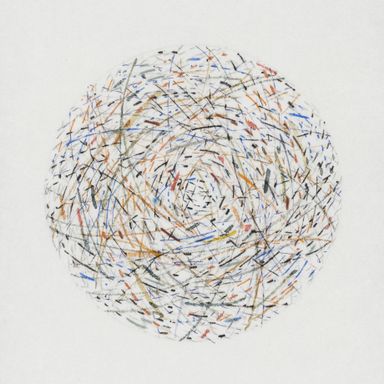
Another field of research we are engaged in is medical anthropology. To achieve a granular understanding of the community’s maternal healthcare needs in rural Nepal, we conducted ethnographic and participatory research in the villages of Jumla, a remote region in western Nepal. One of us immersed ourselves in the remote mountainous community. We identified gaps in the maternal health policies that otherwise appear effective on paper. The gaps became apparent by observing the inaccessibility of peri-natal care, delivery options and post-natal care due to contextual challenges such as geographic terrain and engrained cultural norms. We also found a great interest in the research question and process from the community members. We have thus identified opportunities to bring the bridge program in health and anthropology to a rural community in Nepal. We aim to develop methodologies where community members in a rural population can exercise their capacity for inquiry and integrate methods from various scientific fields to forge their own paths toward healthier lives and development.
Our experience thus far is a testimony to our vision: we trained students to conduct scientific research that directly addresses a health need in Nepali society. Our research findings have opened avenues for new research, and our experience mentoring students in neuroscience has opened doors to applying our approach to other fields of science and in places other than Nepal. As we gain more experience working under our conceptual framework, we aim to contribute to the discourse on higher education and the role of consultative practices in science training.

Seeking Coherence
Bridge Program
We will develop our ongoing research in Nepal into a bridge research training program. Participants entering the bridge program will be salaried and mentored by two co-supervisors - a primary supervisor based at a Nepali institution and a remote co-supervisor in a region with advanced science infrastructure. Figuratively (not strictly), we will work with students who have grades of ‘C’ or below, because grades and accolades are poor predictors of a student's research capacity; instead, they often reflect a student’s social reality and act as a barrier to pursuing research. The incoming trainees will not enroll in a degree-granting program, will not have an obligation to earn course credits or be required to write a research thesis. Instead, they will engage in research activities through close accompaniment and co-investigation across three phases as outlined below in more detail.
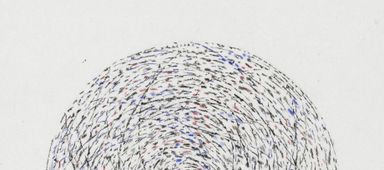
Phase 1: Accompaniment
Establishing core methodologies and studying knowledge systems
Key Elements
- Methodologies seminar
- Replication project
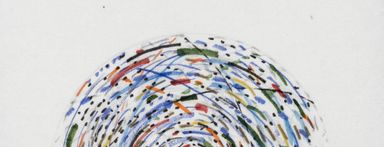
Phase 2: Co-investigation
Developing capacity for observation and inquiry
Key Elements
- Research project
- Integrate research and social reality

Phase 3: Independent search
Developing capacity for independent search and making meaningful contributions to public discourse
Key Elements
- Research project
- Mentor new trainees
- Contribute to discourse
Phase 1: Accompaniment
In Phase 1, trainees will participate in an online interdisciplinary seminar designed to deepen their understanding of research methodologies across various scientific subfields and knowledge systems. A major goal of this seminar is to help trainees think through a conceptual framework that orients them towards a posture of learning and helps integrate their thirst for knowledge with their desire to contribute to the betterment of society. The current focus of the seminar is on psychology/neuroscience, anthropology/ethnography, and environmental science – representing the study of the individual, the community and the environment, respectively. However, the scope will undergo expansion as we learn from our experience and widen our circle of collaborators.
Trainees will also engage in replication/reproduction projects, leveraging openly available research datasets. Replication efforts will be documented on a dedicated website with a replicability/readability score. This exercise will involve reading landmark research papers together with a mentor, following the logic of those papers to reproduce the results and gradually becoming accustomed to reading and understanding scientific papers. With a dedicated website, we aim to contribute to the scientific discourse by developing a novel metric for research accessibility. Phase 1 is expected to last 6 months.
Phase 2: Co-investigation
Phase 2 will be research-intensive, with each trainee leading a novel research project in collaboration with a mentor or co-mentors. The nature of the project pursued by each trainee will be guided by the conceptual framework introduced in the seminar and will primarily involve a dual but interrelated search: a search for the latent potential within oneself to inquire into specific aspects of reality, and a search for ways to contribute to community development. The topic of research can be STEM or non-STEM related, within the expertise of our collaborators. During this period, trainees will incorporate feedback on their scientific work with close mentorship from the co-supervisors. Phase 2 is expected to last 1-1.5 years.
Phase 3: Independent search
Phase 3 will focus on developing the capacity for independent investigation. Informed by their research interests and their capacity to integrate intellectual pursuit with social change, they will initiate new lines of research to be pursued independently. The independence envisioned here is not an individual intellectual pursuit for making a name for oneself in academia. Instead, independence here refers to the exercise of one's capability to use methods of inquiry for identifying and addressing socially relevant challenges. This doesn't necessarily mean a search for technological solutions (e.g. translational neuroscience) to problems, although that may be possible in some cases. The broader aspiration here is to recognize and connect one's vision of scientific inquiry with one's purpose in the world.
During this period, the trainees will present their ongoing research work at international conferences. They will engage in the process of scientific discourse by writing peer-reviewed research articles. As they enter this phase, they will accompany the new cohort of trainees, forming an expanding network of co-investigators. This portion of the program emphasizes service to others, which will help develop their capacity to mentor the younger generation. Phase 3 is expected to last 6-12 months.
We will run the bridge program in collaboration with universities and research institutes in and outside of Nepal.
